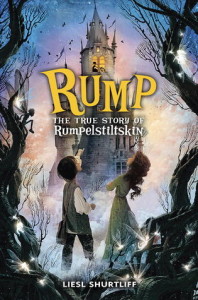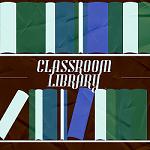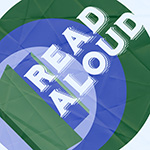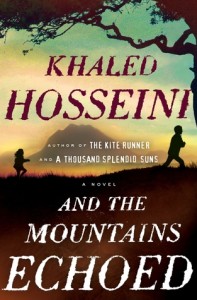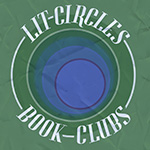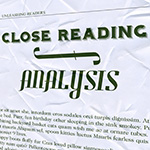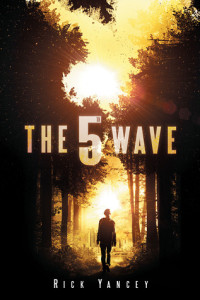Rump: The True Story of Rumpelstiltskin
Author: Liesl Shurtliff
Published April 9th, 2013 by Alfred A. Knopf for Young Readers
Goodreads Summary: In a magical kingdom where your name is your destiny, 12-year-old Rump is the butt of everyone’s joke. But when he finds an old spinning wheel, his luck seems to change. Rump discovers he has a gift for spinning straw into gold. His best friend, Red Riding Hood, warns him that magic is dangerous, and she’s right. With each thread he spins, he weaves himself deeper into a curse.
To break the spell, Rump must go on a perilous quest, fighting off pixies, trolls, poison apples, and a wickedly foolish queen. The odds are against him, but with courage and friendship—and a cheeky sense of humor—he just might triumph in the end.
Review: I love fairy tale retellings! They are so clever and I am so impressed with how an author can read a story and then think up a prequel or a different version of it. This specific retelling has jumped to become one of my favorites because I felt that she has made a wonderful, fantastical world and was able to see Rumpelstiltskin as more than just an antagonist.
I also felt that the book did have a moral, as all fairy tales should, but it is one that creeps up on you at the end and is such a great discussion starter.
Teacher’s Tools For Navigation: This book would make a fantastic read aloud! All students will enjoy it and it is just so fun! It will also find a home in many students’ hands by being in the classroom library.
Discussion Questions: Before reading the book, look at the chapter titles and predict what you think each title/the book will be about.; What do you think the moral of Rump is?; Look back at the original story of Rumpelstiltskin. How does the new information that Liesl Shurtliff has given us in Rump change how you view the original story?
We Flagged: “My mother named me after a cow’s read end. It’s the favorite village joke, and probably the only one, but it’s not really true. At least I don’t think it’s true, and neither does Gran. Really, my mother had another name for me, a wonderful name, but no on ever hear it. They only heard the first part. The worst part.” (p. 1)
Read This If You Loved: Rumpelstiltskin by The Grimm Brothers, A Tale Dark and Grimm by Adam Gidwitz, Ella Enchanted by Gail Carson Levine, The Dodgeball Chronicles by Frank Cammuso, Into the Wild by Sarah Beth Durst, The Frog Princess by E.D. Baker, A Hero’s Guide to Saving Your Kingdom by Christopher Healy, The Other Slipper by Kenechi Udogu
Recommended For:
Rump was a #virtualbookclub book on Twitter. Did you take part in the chat?
What did you learn from the chat? How are you going to use Rump in your class?
